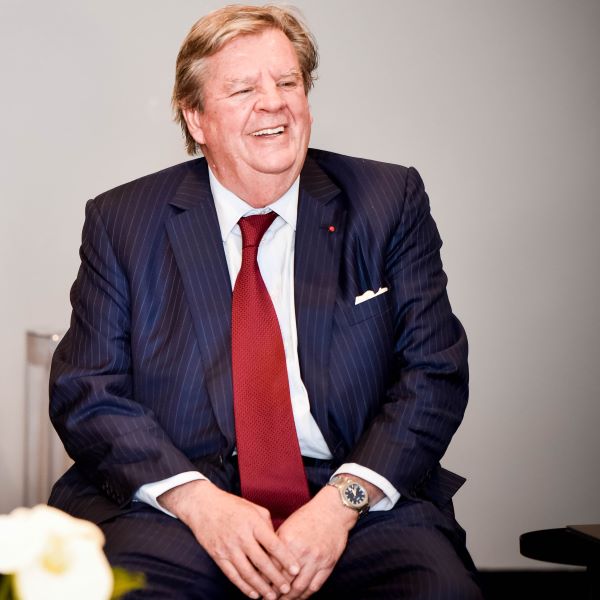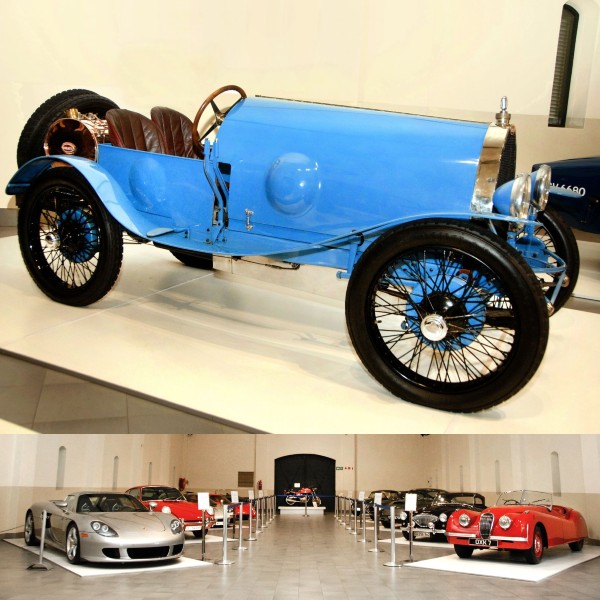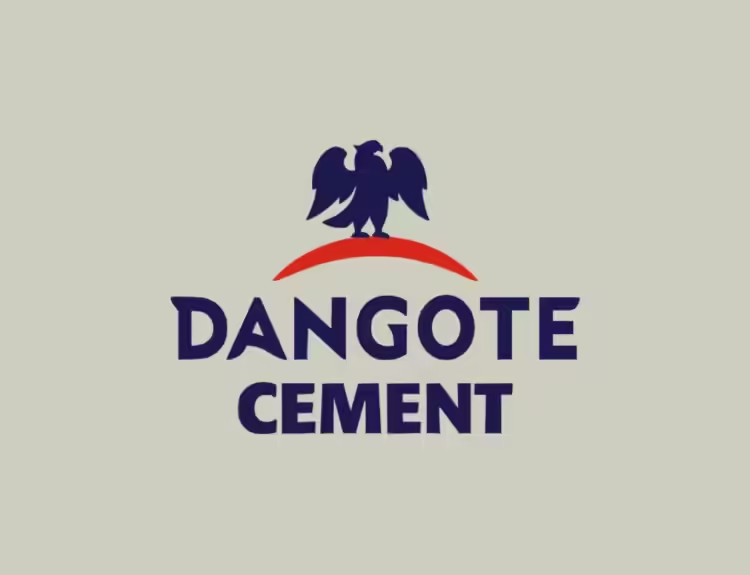If you are a South African resident, you probably made Johann Rupert richer today.
Picture Tim, a South African middle-income professional, living his best life in Johannesburg:
His typical breakfast is black coffee with a sandwich of Sunbake bread, spread with Yum Yum peanut butter and fried eggs.
He owns a sleek Mercedes Benz E250, which he enjoys driving while blasting music from his favorite radio station, Kaya FM.
The car is asset-financed by First National Bank (FNB), insured with OUTsuarance, and fueled using his employer-provided Total Energies fuel card.
In the evenings after dinner, Tim and his fiancée, Kay have taken to the habit of enjoying a glass of 4th Street wine, perhaps to set the mood right for a good night's sleep.
When out with friends he enjoys his Heineken, except for those occasions that he’s out to have a blast and goes for Old Buck Dry Gin. On such days, Kay would swap Savanna Cider for Amarula.
Last Valentine's, Tim sacrificed his annual bonus to get Kay a sexy, Cool Box Nano Delvaux leather bag.
Tim’s employer affords him a sizeable medical insurance scheme with Discovery Health which covers his bills when he occasionally visits Mediclinic facilities for treatment or medical checkups.
Now all these activities and respective transactions in Tim’s life add more bucks into Johann Rupert’s deep pockets.
So intertwined are Johann’s business interests with the day-to-day life of many a global citizen that from all corners of the world, someone interacts with his business empire one way or the other.
Contents
Who is Johann Rupert?
Born in 1950, the South African entrepreneur is the eldest son of the late philanthropist, conservationist, and billionaire Dr. Anton Rupert and his wife, the late art enthusiast Huberte Rupert.
For his secondary school education, Johann attended Paul Roos Gymnasium before joining the University of Stellenbosch to study economics and company law.
Young Johann would however drop out of university to pursue a business career, moving to the US where he worked at Chase Manhattan and Lazard Freres before returning to South Africa in 1979.
He did not immediately join the family business instead leveraging the father’s finances to start Rand Merchant Bank.
Rand Merchant Bank would later merge with Rand Consolidated Investments, a lending and financing business in Johannesburg to form RMB Holdings with Johann as the CEO.
In the early 1980s, Johann was instrumental in the formation of Small Business Development Corporation Ltd (SBDC), a private-public partnership that has over the years morphed into Business Partners Limited, one of the leading financiers of SMEs in Africa.
Johann Rupert quit his leadership role at RMB Holdings to join his father’s business, a cigarette manufacturing group, Rembrandt in 1985.
Those who have worked with Johann describe him as a straight-talking bulldozer with a hands-on approach to work.
A brilliant business mind, he comes across as verbose, usually talking more than he listens, and domineering, forceful, or bullish when pushing across his agenda or point of view.
This bullish demeanor was apparent at the 2022 Richemont’s annual general meeting in Geneva when Johann used his influence to shoot down proposals for board changes by Giuseppe Bivona of Bluebell Capital Partners, who in a heated exchange described the billionaire as behaving like a master or godfather of sorts.
Where it all started
Johann’s father, Dr. Anton Rupert, started his entrepreneurial journey with a dry-cleaning business but soon opted to venture into the tobacco industry, establishing a small cigarette manufacturing operation called Voorbrand in the early 1940s.
He rebranded into Rembrandt in 1948, taking the South African cigarette market by storm before seeking partnerships in the 1950s to expand internationally.
The 1940s also saw Anton partnering with Hertzog to form a wines and spirits manufacturing entity, Distillers Corporation, which decades later grew into Distell.
By the 1950s, Rembrandt was already a leading tobacco company in Africa, listing on the Johannesburg Stock Exchange in 1956.
Its overseas interests were consolidated into Rothmans International Ltd which would list in the London Stock Exchange in 1972.
The 1970s and 80s saw Rembrandt diversifying its portfolio beyond tobacco and alcohol into banking and financial services, mining, printing and packaging, medical services engineering, and food industries.
Growing the Rupert business empire
Granted, Johann was born into money. But the world is full of people who’ve inherited thriving businesses only to squander them with bad decisions and inheritance feuds.
Johann, on the other hand, has grown the family fortune tenfold from around US$ 2 billion at the time of Anton’s passing in 2006 to 12 billion in 2024.
He joined Rembrandt as a senior executive in 1985, and by 1988, his business acumen was being acknowledged even by his biggest skeptics.
In what remains the empire’s best business move, Johann consolidated and sold his father’s overseas entities and interests to create Swiss-based Compagnie Financière Richemont.
Investors from the defunct entities had the option of taking up proportionate shares in the new entity.
Those who did have enjoyed tremendous growth in the value of their shares over the years.


As Richemont’s first CEO, Johann’s strategy was simple; use the family’s financial muscle to acquire established luxury brands with a rich heritage and grow them for the long haul, using global celebrities and influencers for marketing.
A similar strategy has successfully been used by Bernard Arnault of LVMH, catapulting him to the number one spot on the Forbes 2024 world rich list.
Richemont’s significant acquisitions have included; Cartier in 1993, Vacheron Constantin in 1996, and Van Cleef & Arpels in 1999.
1999 also saw Johann overseeing the merger of their tobacco interest’s vehicle, Rothmans International with British American Tobacco.
Another of Johann’s big scores was the 1993 co-founding (with a 15% stake) of South Africa’s first cellular telephony company, Vodacom.
A decade later, in 2006, Johann would sell these shares to UK-based Vodafone for US$ 2.5 billion.
He has also been instrumental in the structuring and restructuring of the family’s numerous interests leading to the formation of three investment vehicles that today form the Rupert business empire.
As of April 2024, 73-year-old Johann Rupert still served as chairman of the boards of these three entities; South African-based Remgro, Swiss-based Richemont, and Luxembourg-based Reinet Investments. Here is a detailed account of Johann Rupert’s April 2024 portfolio.
A Passion for Sports and Vintage Cars
Johann Rupert is a former cricket player and an amateur golfer who has played in many reputable golf courses across the globe.
His golf club, the Leopard Creek Golf Club in Malelane has one of the best courses in South Africa.
The Golf Digest ranks it 47th in its 2024 list of World’s 100 Greatest Golf Courses.
Through Remgro’s social impact investments, Johann owns Blue Bulls Professional Rugby Union and Stellenbosch Football Club which plays in the South African Premier Soccer League.
Johann, like his father before him, is an avid car collector with a passion for vintage cars.
He owns the Franschhoek Motor Museum which has a collection of over 200 cars and motorcycles, showcasing more than a century of the automotive industry history.
The museum is located at his L’Ormarins wine estate which alongside Rupert & Rothschild are two of South Africa’s best-known vineyards.
Philanthropy
Land remains an emotive issue in South Africa. Through the Khaya Lam Land Reform Project, an initiative started by Johann Rupert, his wife Gaynor, and First National Bank (FNB) has issued over 10,000 title deeds to enable individuals to convert apartheid-era leasehold titles into freehold titles that can be used to secure loans.
Another initiative by the Rupert family and Remgro, the Sukuma Relief Programme, used US$ 62 million to support small and medium enterprises (SMEs) that were affected during the COVID-19 pandemic.
Rupert’s charity organization, the Laureus Sport for Good Foundation, supports programs that use sports as a tool to uplift disadvantaged children and youth in over 40 countries.
Family
Johann is married to Gaynor Rupert and together they have three children; Anton Jr, Caroline, and Hanneli.
Johann Rupert’s son, Anton Jr is in line to take over from his father and is already actively involved in the businesses.
He is currently serving as a non-executive director on the boards of both Richemont and Remgro.
Controversies
In his home country of South Africa, Johann Rupert’s name elicits both love and hate in equal measure.
To many, he is the genius business mind who has created tens of thousands of jobs and continues to contribute immensely to South African economic growth and philanthropic space.
To others, he is the poster boy of ‘white monopoly capital’ that some see as a system that has continued to block a majority of black people from key sectors of the South African economy.
In Pieter du Toit’s book, ‘The Stellenbosch Mafia: Inside the Billionaires’ Club’, Johann Rupert is named as one of the Afrikaner billionaires out of Stellenbosch town that exerts immense influence on South African society.
Johann once pulled out advertisement deals worth millions of dollars from a British magazine, Wallpaper, for describing Afrikaans as “one of the ugliest languages in the world”.
Addressing the Zondo Commission in 2019, former president Jacob Zuma claimed the billionaire sent an emissary to threaten him that he would work with others to shut down the economy and interfere with the South African Rand if Zuma fired the then Minister of Finance, Pravin Gordhan.






